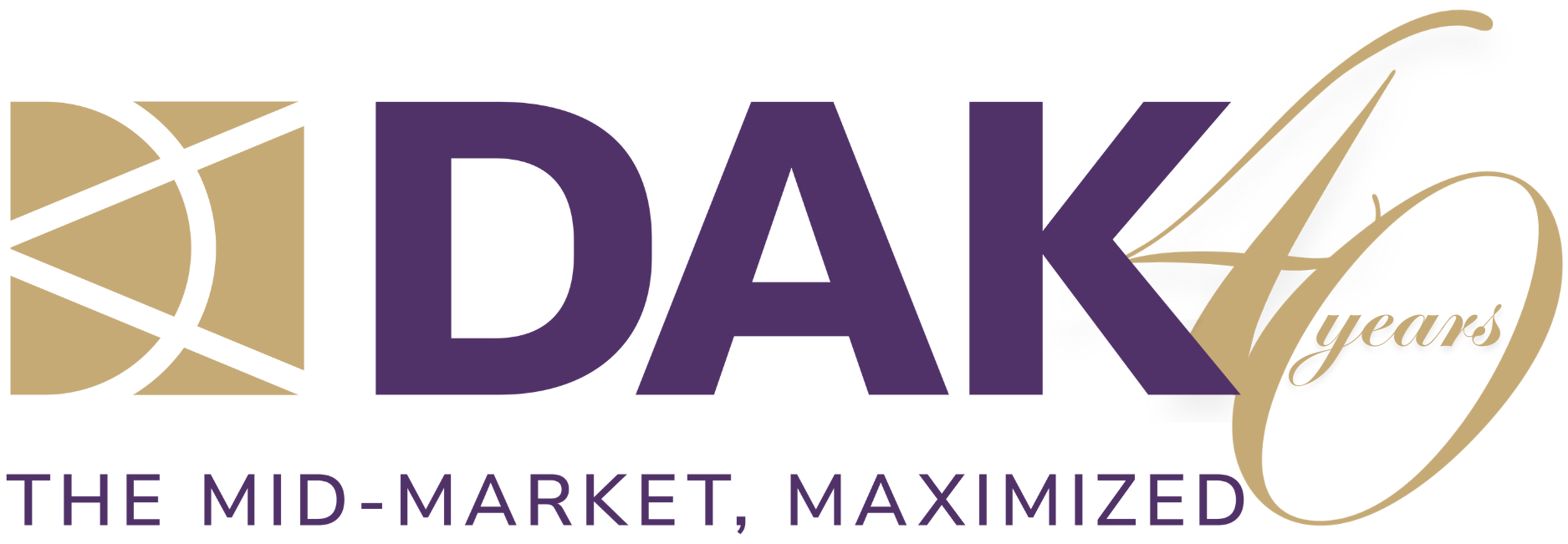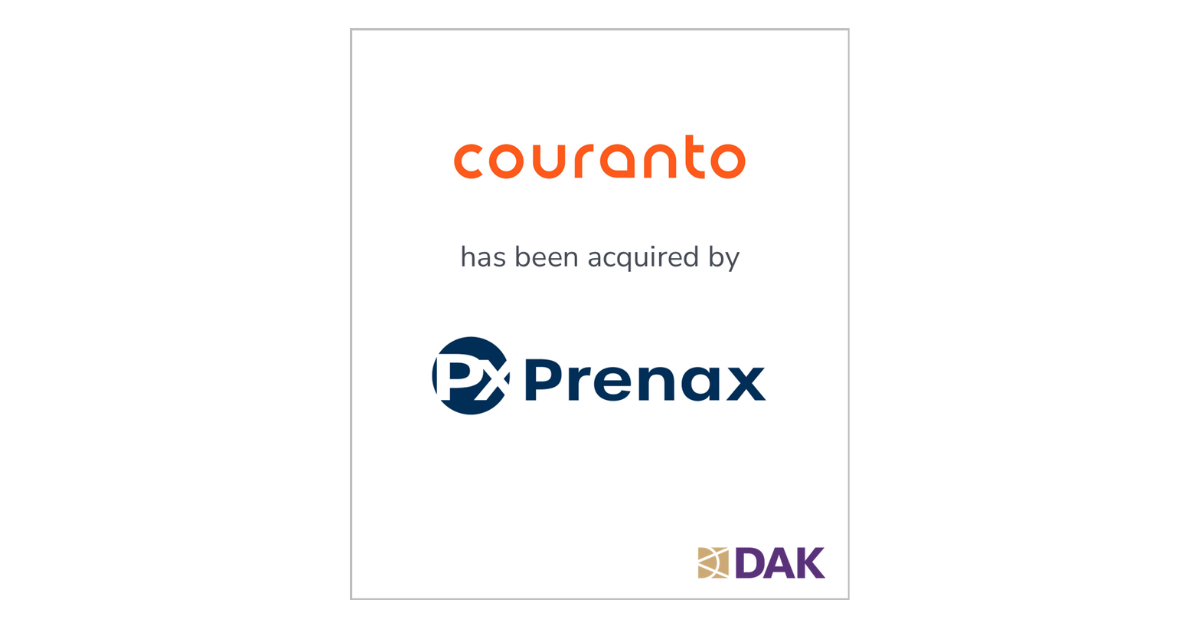In today’s business climate, standing still is rarely a recipe for success. This reality has spurred considerable mergers and acquisitions activity across the Region. More than 155 business owners here opted to sell since 2020, representing almost 20% of Indiana’s total transaction volume. A notable 75% of this occurred within three counties: Elkhart, St. Joseph and Lake. In this period, Northwest Indiana paralleled broader mergers and acquisitions trends, experiencing the 2020 slowdown due to COVID, followed by a robust 45% surge in 2021. Despite a sluggish start in 2023 (down 25% year over year), a substantial uptick is anticipated in the next 12 months as market tranquility entices buyers and sellers.
This resurgent mergers and acquisitions setting confronts entrepreneurs with a familiar quandary: to sell or to expand? Both options entail pros and cons, demanding a methodical process for informed choices. Hence, we formulated a three-part framework for addressing this dilemma.
Assessing your place in the market, managing your risk
Having a grasp on your place in the wider competitive marketplace is not only a crucial step to understanding the risks associated with growing and investing in your business, but also helps to understand how outsiders will view your business.
Factors to consider include your industry’s growth trajectory, customer demand and the economic trends affecting your business. The most common issues we see impacting our clients today include raw material costs, labor shortages and wage pressures. Other factors, like technological advancements and regulatory changes can also help you anticipate potential challenges or opportunities for growth.
Can your business meet the challenges, and do you want to continue to make the investment?
Are you on a growth trend or do you want to get out before the tide turns?
Understanding these risks and opportunities is the hallmark of any successful entrepreneur.
Understanding your financials and business value
Understanding your business’s financial health and performance is paramount. Evaluate your current revenue trends, profit margins, cash flow and debt obligations. Compare these metrics to industry benchmarks and assess whether the business can continue to fund and sustain an attractive level of growth. This process will help you to create realistic financial projections for the future and guide your decision-making process. These projections should factor in growth initiatives, potential market changes and economic uncertainties to give you a clear picture of potential outcomes for your business.
With your projections in hand, you can begin to understand how a buyer might value your business. While ultimate value varies wildly depending on the buyer’s goals, your projections can be a start. This is where a good mergers and acquisitions adviser can really shine, as they position your business with buyers to see past simple EBITDA multiples and uncover hidden value, including factors such as cost savings, revenue synergies and intellectual property. Depending on where these value expectations shake out, you can evaluate whether it’s worth cashing in today or continuing to operate and grow your business.
Personalizing your goals
Ultimately, making the decision to sell your business is deeply personal. That is why it is important to consider how your personal goals align with the trajectory of your business.
Are you excited by the prospect of committing additional time, effort and resources to propel your business to the next level? Or are you seeking a change of pace or the opportunity to pursue other passions? Or reduce your financial risk and enjoy some of the wealth you have accumulated?
Reflect on whether you are prepared to let go emotionally and mentally if you choose to sell.
Deciding whether to sell or continue growing your business is no easy task. Take your time. Consult experts and carefully evaluate your strategic options. Both decisions hold the potential for success, but they also come with challenges that you must be prepared to address.
By considering these three factors and seeking advice from qualified professionals, you can rest assured that your choice aligns with your vision for the future.
CLICK FOR MORE INFORMATION
AUTHOR
Derek Zacarias






